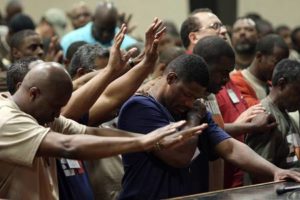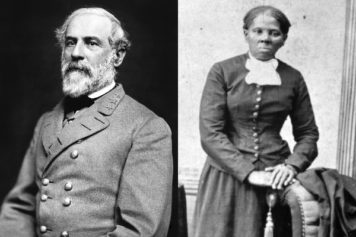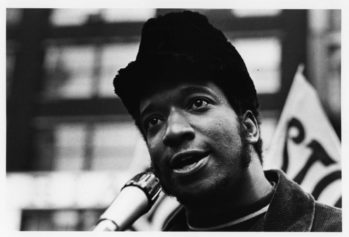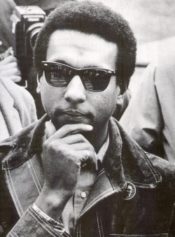The Black church has always been a hotbed of political activity, whether it’s campaigning for civil rights or against gun violence and police brutality. But the Black church is having to adapt to a changing political environment with younger activists who hold liberal views on gay marriage and other issues.
A Religion News Service article said the Black church is no longer the central organizing hub it was during the civil rights era. Writer Adelle M. Banks said, “Fifty years after civil rights movement activists marched across the South, the black church is finding new ways for activism. But often, its clergy admit, they are not the leaders, and their sanctuaries are no longer ground zero for the civil rights movement.”
Banks also said Black churches were struggling to reach a new generation of activists who may not attend services. She wrote, “In a statement responding to the ‘Black Lives Matter’ campaign, young adults of the African Methodist Episcopal Church urged its members to ‘find ways to connect with young adults who are not in our churches’ and address their needs. ‘Let us not become comfortable in places or spaces of privilege as our privilege is only of worth if it serves as a platform to challenge the status quo,’ they wrote.”
In addition, some younger activists see the traditional Black church as being too close to the white power structure, according to The Huffington Post.
“Today, what we see is churches being appendages of the kind of status-quo body politic,” said Dayvon Love, director of public policy at the Baltimore think tank and activist group Leaders of a Beautiful Struggle. “This has happened generally post-integration, post-civil rights. You have cadres of individual black people who get positioned in white-dominated institutions, and their presence is used as a way to deflect from structural change.”
Speaking to NPR, the Rev. Raphael Warnock, an Atlanta minister who used to preach in the Rev. Martin Luther King’s Ebenezer Baptist Church, said if church members are not upsetting people in power, they are not doing their job. “If you are a church that’s never in ‘good’ trouble with the powers, then you’re probably in bed with the powers,” Warnock said. “We’re doing precious little to actually dismantle the American prison-industrial complex, which is the new Jim Crow.”
There are several reasons why the Black church is not more vocal on social justice issues. The Rev. Melvin Russell, a Baltimore minister and lieutenant colonel in the local police department, said disintegration of a centralized Black community has diluted economic and political power.
“When I was coming up,” said Russell in an interview with The Huffington Post, “the churches were community churches. We’re no longer community churches. We have devolved into commuter churches.”
Also, to many, some Black churches seem to more concerned about material issues rather than social problems. The prosperity gospel, where ministers claim God will make his followers rich, is popular among some African-Americans. Prosperity gospel ministers such as Creflo Dollar, who recently urged his followers to send him donations so he could purchase a new $65 million jet, seem by many people to be more concerned about material possessions than preaching against gun violence, drugs and mass incarceration.
However, recent incidents of police brutality have spurred several Black ministers to get active again, according to The Huffington Post. Black pastors faced off against police sent to quell rioting after the police-related death of Freddie Gray. A group of local pastors also successfully pressured the U.S. Department of Justice to investigate the Baltimore Police Department.
The Huffington Post wrote, “The same group of pastors who led the funeral and the march through the riot were instrumental in getting the U.S. Department of Justice to launch a full-blown investigation of Baltimore police, (the Rev. Ron) Owens said. In the week after the riot, Owens said, the group requested meetings with Justice Department officials and held separate sessions with the department’s civil rights chief, Vanita Gupta, and with Attorney General Loretta Lynch.”



